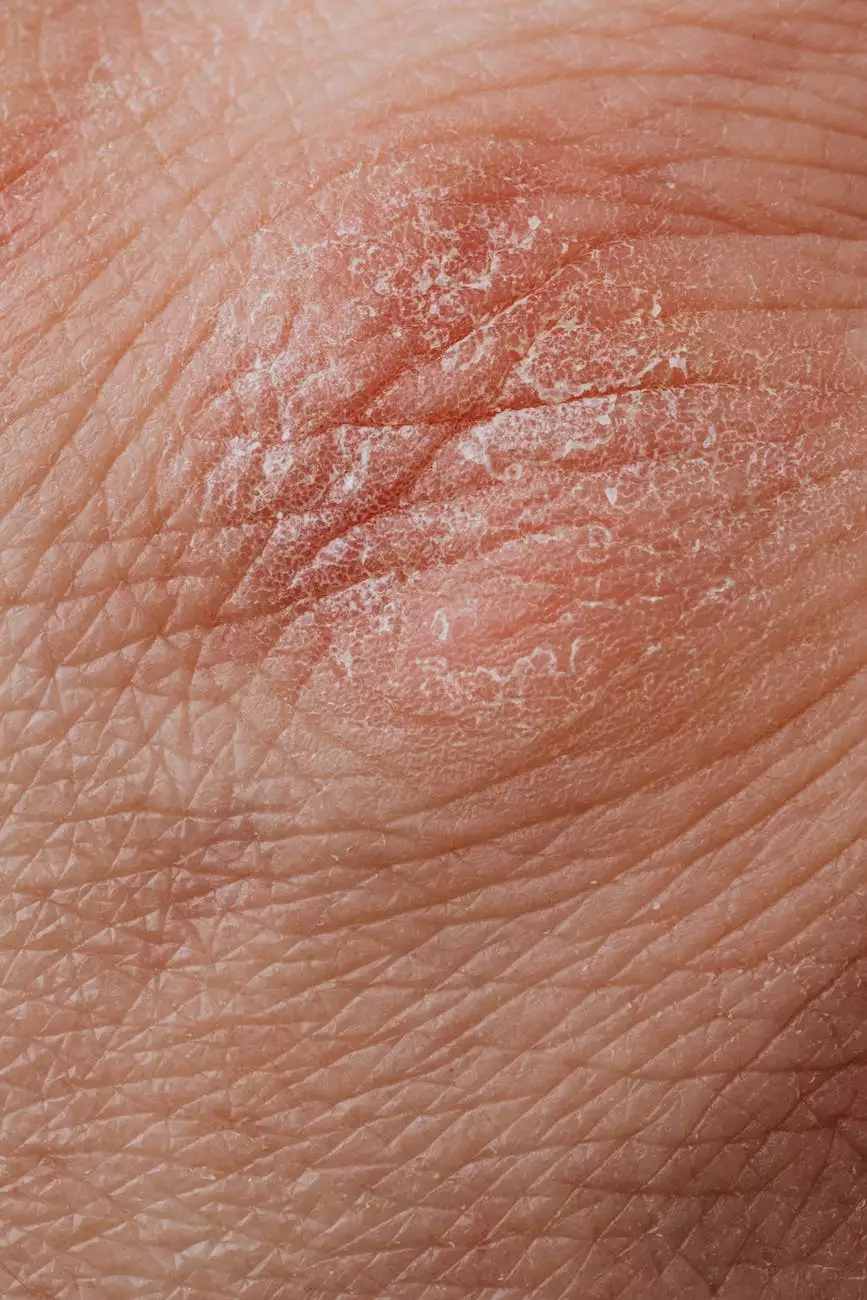The Impact of Health Care Disparities on People of Color
Blog
Introduction
Welcome to Iglesia Cristiana Getsemani, where we delve into the vital topic of health care disparities and their profound impact on people of color. In this community and society – faith and beliefs section, we are committed to shedding light on the challenges faced by marginalized communities and advocating for change.
Understanding Health Care Disparities
Health care disparities refer to differences in access, quality, and outcomes of health care services experienced by different racial and ethnic groups. The unfortunate reality is that people of color often face substantial inequalities when it comes to accessing and receiving adequate health care. These disparities are rooted in systemic issues that perpetuate social, economic, and racial injustices.
The Social Determinants of Health
The social determinants of health play a significant role in the creation and perpetuation of health care disparities among people of color. Factors such as poverty, discrimination, limited educational opportunities, lack of affordable housing, and unequal access to healthy food contribute to poorer health outcomes within these communities. It is crucial to address these underlying issues to bridge the gap in health care disparities.
Barriers to Health Care Access
Communities of color often face numerous barriers when attempting to access adequate health care services. These barriers include limited health insurance coverage, language and cultural barriers, lack of transportation, scarcity of health care providers in underserved areas, and implicit biases within the health care system itself. Overcoming these barriers requires a multifaceted approach that tackles each specific obstacle.
The Impact on Individuals and Communities
The consequences of health care disparities on people of color are far-reaching and severe, affecting both individuals and entire communities. When individuals are unable to access timely and appropriate health care, their overall well-being is compromised, leading to the exacerbation of health conditions and increased mortality rates. These disparities also contribute to the intergenerational cycle of poor health and limited opportunities within marginalized communities.
Mental Health Disparities
Health care disparities extend beyond physical health to include mental health. Access to mental health services is disproportionately limited for people of color, leading to increased rates of undiagnosed and untreated mental health conditions. This further perpetuates the negative impact on overall well-being and hinders the ability of individuals to thrive.
Health Disparities and Economic Injustice
Health care disparities intertwine with economic injustice, fueling a cycle of poverty and limited opportunities for people of color. The financial burden of inadequate health care often leads to significant medical debt and bankruptcy within these communities, exacerbating the existing socio-economic disparities.
Addressing Health Care Disparities
Iglesia Cristiana Getsemani is committed to actively advocating for change and working towards the eradication of health care disparities. Addressing these disparities requires a collaborative effort involving policymakers, health care providers, community organizations, and individuals.
Policy Reform
Effective policy reform at the local, state, and national levels is crucial to ensuring equitable access to quality health care for all individuals, regardless of their racial or ethnic background. This includes expanding health insurance coverage, increasing funding for community health centers in underserved areas, and implementing holistic approaches to address the social determinants of health.
Cultural Competence and Diversity Training
Health care providers must undergo cultural competence and diversity training to recognize and address implicit biases that contribute to disparities in health care. By fostering a more inclusive and understanding environment, providers can effectively meet the unique needs of diverse patient populations and deliver quality care.
Community Empowerment and Education
Empowering communities through education and providing resources is essential in combating health care disparities. By raising awareness, promoting preventive care, and guiding individuals to available services, we can increase health literacy and enable communities to take charge of their own well-being.
Conclusion
The impact of health care disparities on people of color cannot be ignored. Iglesia Cristiana Getsemani is dedicated to promoting awareness, advocating for change, and working towards a future where equitable access to quality health care is a reality for everyone. Join us in this important journey towards a more just and inclusive society.









